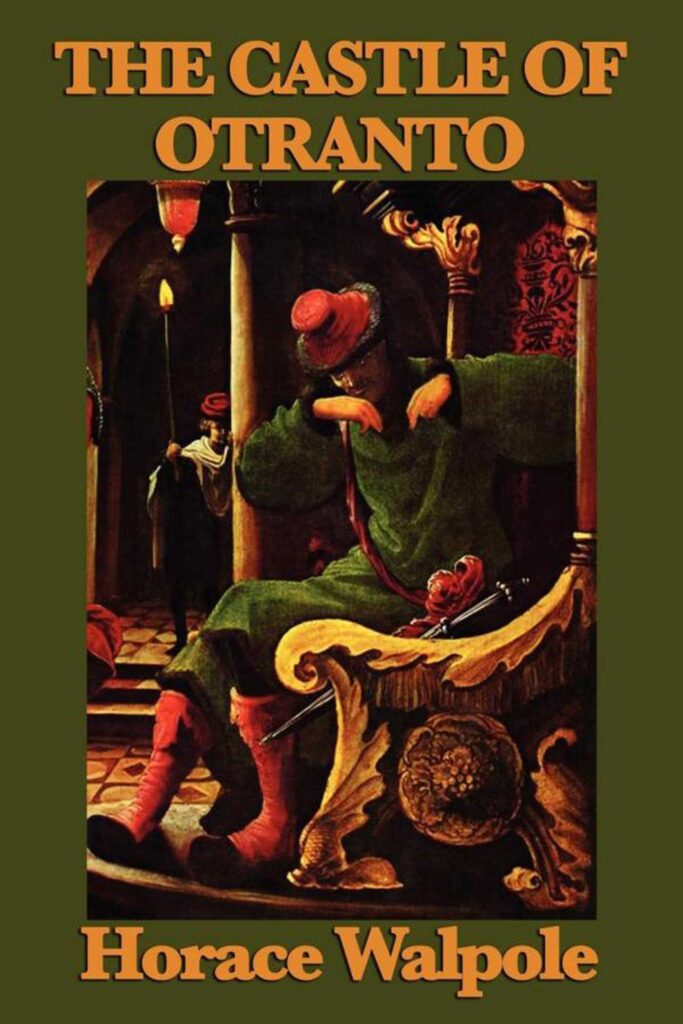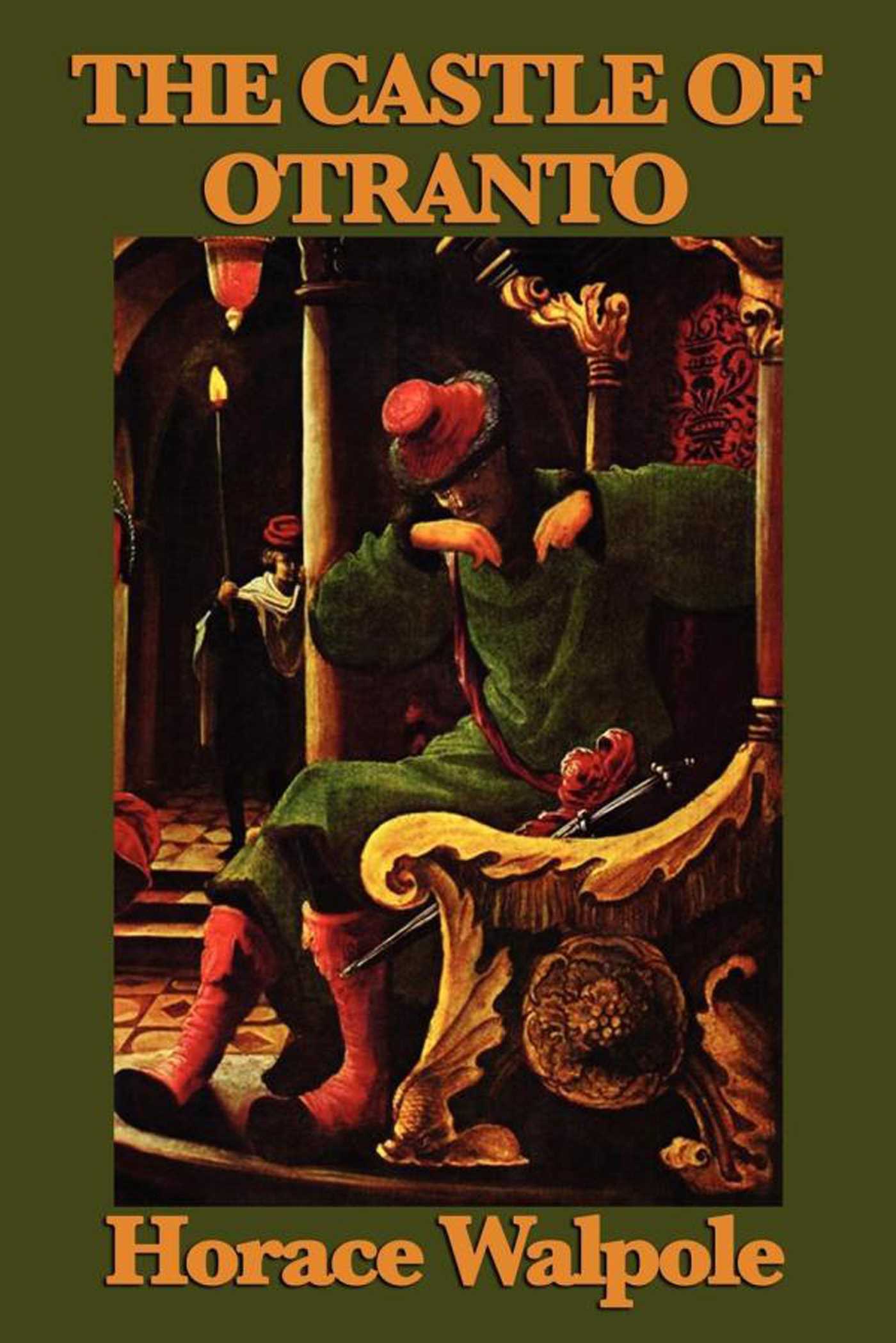Book Review: The Castle of Otranto by Horace Walpole
Today is a particularly bad day at the castle. Worst of all for Conrad, sickly son of Prince Manfred, who is crushed to death by a mysterious giant helmet. This is taken hard by his mother Princess Hippolita and sister Matilda. Prince Manfred is beside himself, less with grief than a certain panic. Conrad was his only son and was supposed to marry the lady Isabella to produce male heirs to the throne of Otranto, continuing the line of succession within Manfred’s bloodline.

When a peasant named Theodore happens to remark that the helmet looks like a much larger version of the one on the statue of Prince Alfonso (a previous ruler of the castle), Manfred becomes incensed, accuses Theodore of necromancy to kill his son, and orders Thomas imprisoned beneath the helmet.
That out of the way, Prince Manfred has Isabella brought to him and explains his new plan. He will divorce Princess Hippolita as her womb is no longer fruitful, and marry Isabella himself so that he may get her with child. Isabella, who was not keen on marrying Conrad in the first place, is immediately repulsed and horrified by Manfred’s immoral suggestion.
Isabella flees to the basements of the castle and seeks out a secret passage to the Monastery of St. Nicholas next door. She is fortuitously helped in this by Theodore, who’d discovered that the helmet had punched a hole in the floor above and dropped down from the makeshift cell. He’s not able to escape himself, but is able to distract Prince Manfred long enough for Isabella to get away.
And this is only the beginning of the strange events taking place at the haunted castle of Otranto!
This “Gothic Tale” was first published in Britain under a pseudonym in 1764, and purporting to be a translation from a 16th century Italian manuscript found in a Catholic family’s library, which was itself a translation of a work from the time of the Crusades. The fashion at the time was “realistic” fiction, but the dodge of pretending the story was a foreign and historically distant manuscript allowed a fantasy-starved public to enjoy it and critics to praise it.
Critics were much less kind once Walpole revealed his trick, now consigning Otranto to the “frivolous trash” category. But the book still sold decently, and heavily influenced other writers to create the Gothic literature subgenre.
The story itself is pretty melodramatic, with paintings that walk, giant armor, surprise relatives, dark bloodline secrets, and even a short-lived love triangle that is tragically resolved. But it’s also got its silly elements, such as the comic relief servants who take forever to get to a point when they’re reporting an event.
The paragraphing and dialogue are deliberately written in a style that was archaic even in the Eighteenth Century. This may put off some modern readers if they haven’t dipped into older literature before.
Prince Manfred makes for a conflicted villain. Yes, he is proposing to divorce his blameless (and he is very aware that she is blameless) wife to marry a teenager, but it’s not about lust but rather keeping his family’s legal right to own the castle. And he’s very bound by the social conventions of his time and at least the outward rules of Catholicism. He can’t just be an evil prince and do what he likes, but needs to bend the rules to his desires.
Theodore by contrast is kind of a dull hero. He’s brave, honest, sometimes a bit dim, and most of all is secretly the true heir of Otranto. Even the one time he makes a horrible mistake is mitigated by the ending.
An interesting bit: Saint Nicholas is the major religious figure mentioned by the various characters, with barely a mention of the Father or Jesus.
Quite a bit of “classic” literature is considered that less on its literary merit, but because a piece was the first of its kind or historically significant or just happened to survive when most of its contemporaries went lost. The Castle of Otranto is kind of a mess, and there’s a reason or three why it’s never been turned into a full movie, but it was first of its kind, and is worth a read to understand the roots of modern horror and suspense literature.


Thomas? I thought the character’s name was Theodore.
Right you are! Fixed.